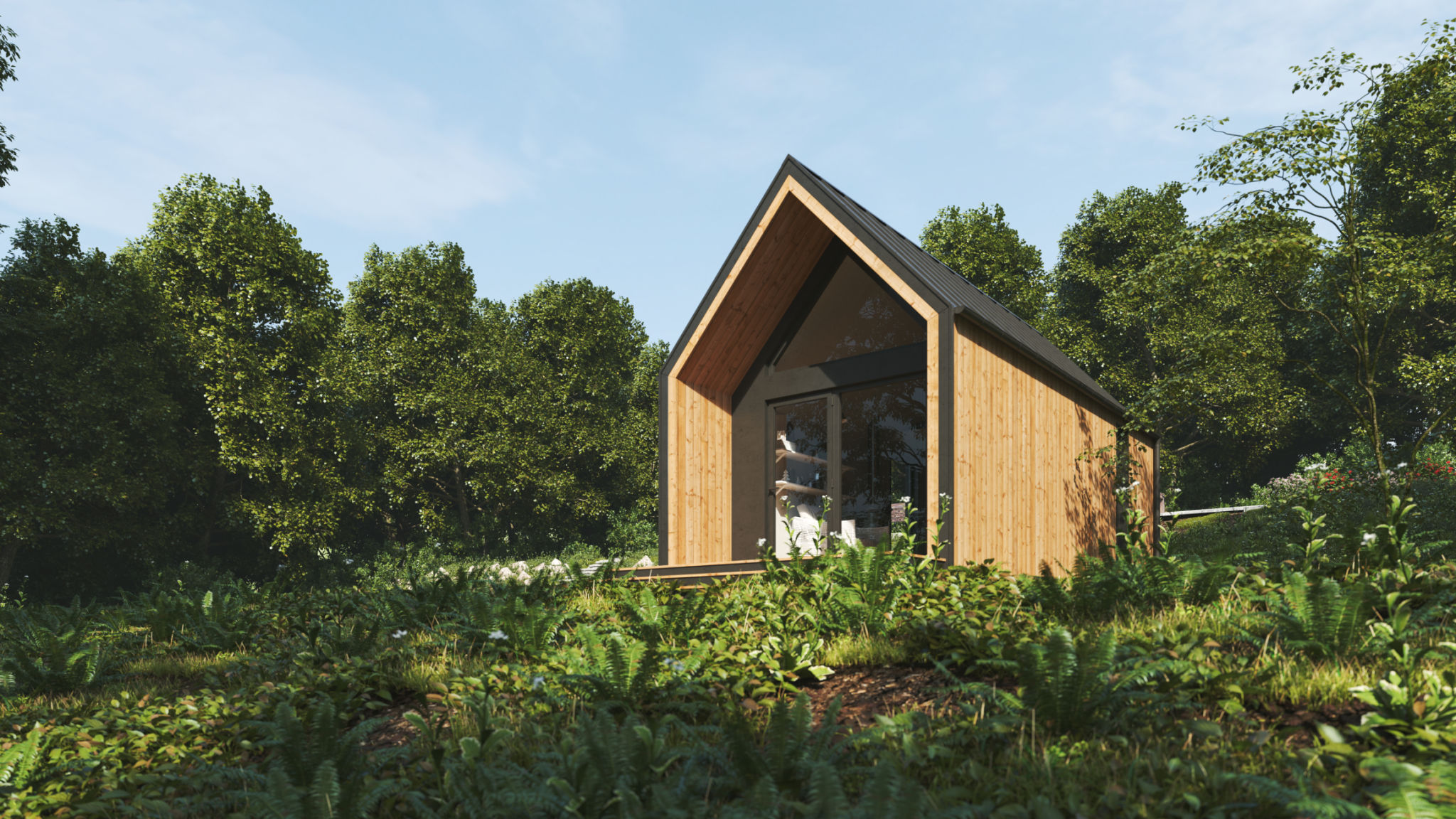Eco-Friendly Construction Methods in Ghana: Building a Sustainable Future
Introduction to Eco-Friendly Construction
In recent years, the construction industry in Ghana has seen a significant shift towards more sustainable practices. Eco-friendly construction methods are becoming increasingly popular as the nation seeks to balance economic growth with environmental preservation. These methods not only reduce the carbon footprint but also promote healthier living environments and long-term savings.
Eco-friendly construction in Ghana involves the use of sustainable materials, energy-efficient designs, and innovative building techniques. By adopting these methods, builders and developers are contributing to a healthier planet while also addressing the growing demand for sustainable housing and infrastructure.

Sustainable Building Materials
One of the most important aspects of eco-friendly construction is the use of sustainable building materials. In Ghana, materials like bamboo, rammed earth, and recycled steel are gaining popularity due to their minimal environmental impact and durability. These materials are not only abundant locally but also require less energy to produce and transport compared to traditional construction materials.
Using locally sourced materials also supports the local economy and reduces the carbon emissions associated with transportation. This approach aligns with the global trend of reducing reliance on non-renewable resources and minimizing waste.
Bamboo: A Versatile Option
Bamboo is a fast-growing plant that provides a strong and flexible building material. It is an excellent alternative to traditional timber due to its rapid regeneration rate and ability to sequester carbon. Bamboo's versatility makes it suitable for various construction applications, including flooring, roofing, and structural components.

Energy-Efficient Design
Another critical component of eco-friendly construction is energy-efficient design. Buildings that incorporate natural ventilation, solar orientation, and insulation can significantly reduce energy consumption. In Ghana, where the climate is predominantly tropical, passive cooling techniques such as cross-ventilation and thermal mass are essential for maintaining comfortable indoor temperatures without relying heavily on air conditioning.
Additionally, integrating renewable energy sources like solar panels into building designs can further decrease dependency on fossil fuels. This not only benefits the environment but also provides long-term cost savings for homeowners and businesses.
Passive Solar Design
Passive solar design takes advantage of sunlight for heating and lighting purposes. By strategically positioning windows and using materials that absorb and slowly release solar heat, buildings can maintain comfortable temperatures year-round. This technique reduces the need for artificial heating and cooling systems, thus conserving energy.

Water Conservation Techniques
Water scarcity is a pressing issue in many parts of Ghana, making water conservation a crucial aspect of sustainable construction. Implementing rainwater harvesting systems and low-flow plumbing fixtures helps reduce water usage and ensures efficient resource management.
Rainwater harvesting involves collecting and storing rainwater for various uses, such as irrigation, flushing toilets, and even drinking with proper treatment. This method not only conserves water but also reduces stormwater runoff, minimizing the risk of flooding during heavy rains.
Greywater Recycling
Greywater recycling is another effective strategy where wastewater from baths, sinks, and washing machines is treated and reused for non-potable purposes. This system reduces the demand for fresh water and lowers utility costs while promoting sustainable water management practices.

The Future of Eco-Friendly Construction in Ghana
The future of eco-friendly construction in Ghana looks promising as more stakeholders recognize the benefits of sustainable building practices. Government policies, incentives for green building projects, and increased public awareness are driving this positive change.
As these methods become more widespread, they have the potential to transform Ghana's construction industry into a model of sustainability and innovation. By embracing eco-friendly practices today, Ghana is not only preserving its natural resources but also paving the way for a greener future for generations to come.
